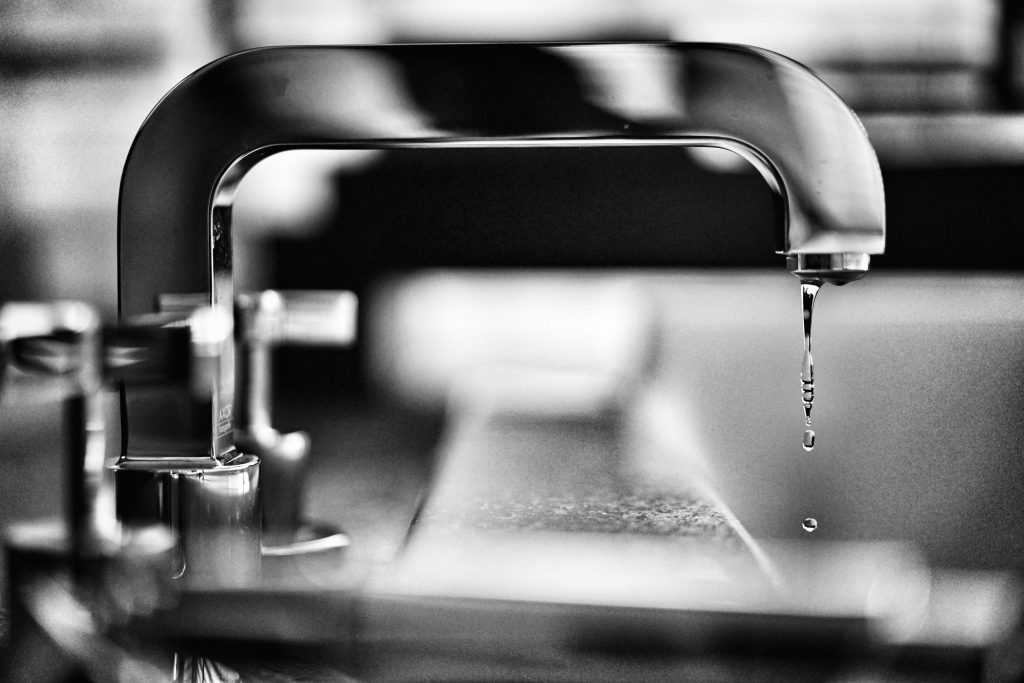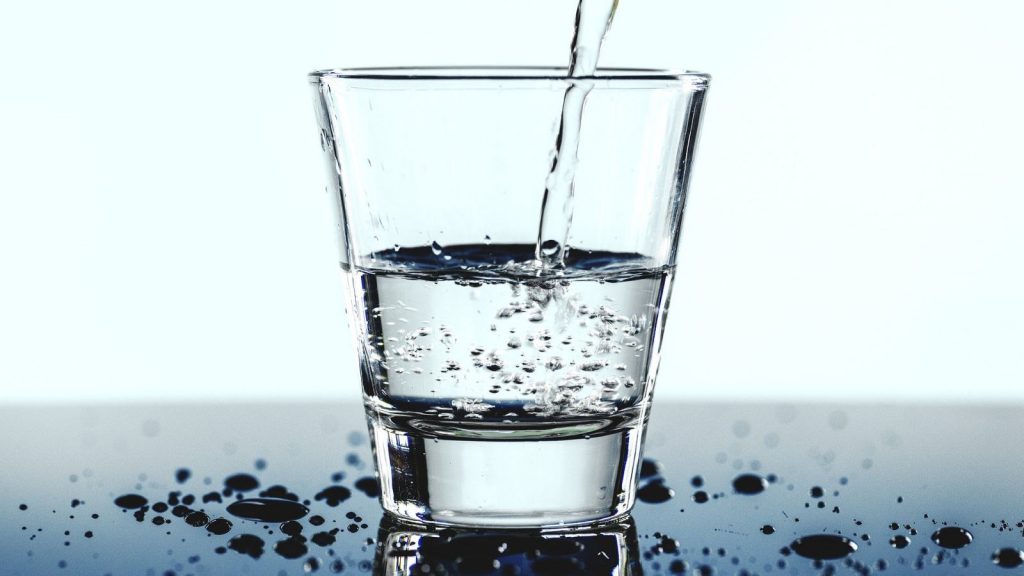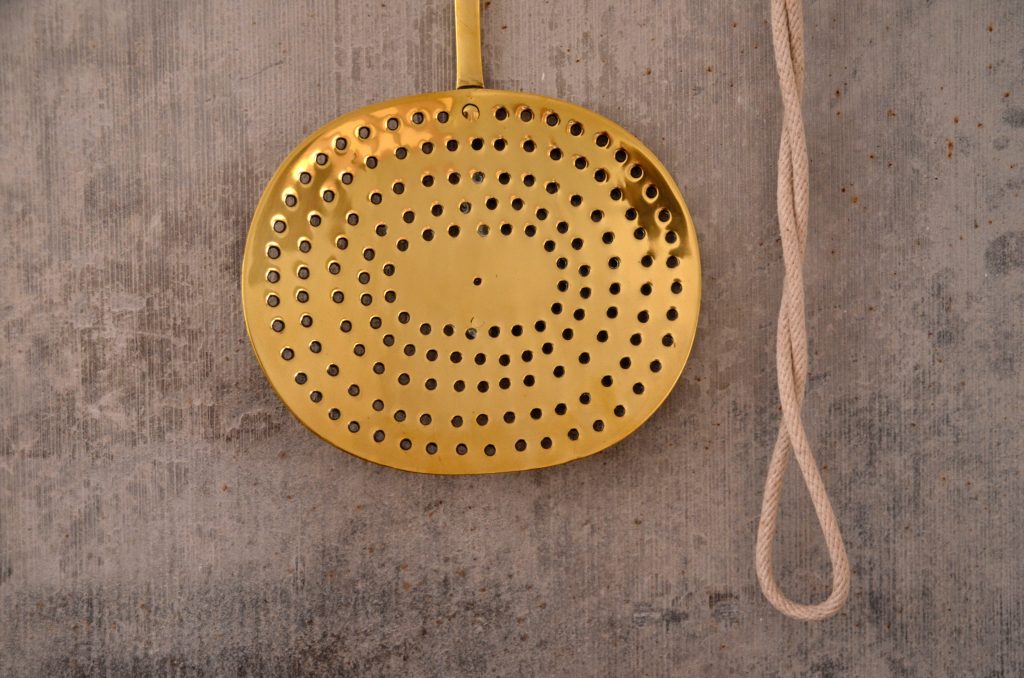Do I need a whole house reverse osmosis system? This is a question that many people ask themselves when trying to find the best way to filter their drinking water. There are many different options for filtration, but not every system will work well for your needs.
If you are also seeking the answer to this question, then you came to the right place. We’ll discuss what a whole house reverse osmosis system does and how it can help you drink high-quality water.
Let’s delve right in.
What’s a Whole House Reverse Osmosis System?
A whole house reverse osmosis system is a water filtration and treatment device that you can install under your sink or throughout the home.
Some people choose to install these systems because they tend to remove more contaminants than other filter types. For example, an activated carbon block filter will only reduce certain impurities such as chlorine and sediment. However, a whole house reverse osmosis system eliminates about 95% of contaminants from your water.
A whole house reverse osmosis system is a point of entry (POE) system you install at the main water line to treat water for the entire home. They have a much faster flow rate than most of the water filtration systems in the market.
There are many benefits of installing a whole house reverse osmosis system. If you are still wondering whether you need a whole house reverse osmosis system, you need to look at these benefits.
Why You Need a Whole House Reverse Osmosis System
There are numerous benefits of using a whole house reverse osmosis system to purify your water. As more people realize that tap water contains harmful chemicals like chlorine and fluoride, they’re increasingly seeking better water-purification systems. A whole house reverse system is one such system that has the following benefits.
Improves Water Taste to Provide a Better Drinking Experience
One of the most important benefits is that it significantly improves water taste. Reverse osmosis systems effectively remove chlorine, fluoride, and other contaminants from your drinking water supply. By doing this, the system leaves behind a better-tasting drink that’s free of harmful chemicals.
Removes at least 95% of the Contaminants from your Home’s Water Systems
Whole house reverse osmosis systems are effective at removing harmful chemicals and contaminants from your drinking water. This is because the system works by taking in contaminated water through several filters. Each filter is designed to remove specific impurities.
After filtration, the system sends clean water back into your home’s pipelines while discarding any residue left behind. As a result, homeowners receive a cleaner water supply that’s safe to drink and enjoy.
Promotes Healthier Hair and Skin
Another reason you should consider a whole house reverse osmosis system is because it’s good for your skin and hair. The system can help improve the health of both by removing chlorine from water, which is known to dry out skin and damage hair over time.
This type of filtration also reduces problems like eczema or acne since no harsh chemicals are left behind in the new clean water supply.
Can Lower Water Bills over Time
If you loathe the huge water bills you pay, you might have a significant reason to install a whole house reverse osmosis system. Since the appliance recycles more water throughout the home, homeowners use less overall and pay lower rates for each unit they consume.
For this reason, it’s possible to recoup the money invested in a whole house reverse osmosis system within one or two years.
Factors Affecting the Decision to Install Whole House Reverse Osmosis
People generally understand that a whole house reverse osmosis system is an excellent choice for anyone who wants to enjoy better-tasting drinking water. However, the decision might be harder if you don’t know what factors will affect your purchase.
Some of these factors include:
Cost: What Do Whole House Reverse Osmosis Systems Cost?
If you’re still wondering what whole house reverse osmosis systems cost, then it’s time to break down the numbers. Here are some of the factors that affect how much you’ll pay for a whole house reverse osmosis system:
- The type of water that you have in your home. If you have hard water, it will be more expensive to install an RO unit since the membranes need replacement every so often due to mineral build-up.
- You might want several different stages of filtration (which will increase the cost). If you want to remove fluoride or arsenic, that will add more stages of filtration.
- If you also need storage tanks and other equipment in addition to your whole house reverse osmosis system, it could get pricey since they are sold separately.
Contaminated Water Supply
The water supply coming into your house can get contaminated with industrial effluents that contain heavy metals like magnesium, lead, copper, and iron. These metals can be harmful when your household consumes them in large quantities.
Whole house reverse osmosis systems can significantly reduce levels of these metals from the water supply. You can use your water without having to worry about contaminants.
Electricity Bill
Most whole house reverse osmosis systems require a transformer to operate. Moreover, they have pumps that help in the filtration process and also consume electricity.
If you are concerned about the high costs of operation at your home or office, installing a whole house reverse osmosis system is not recommended. This is because it can raise your quarterly bills significantly. However, it is still a better option than installing multiple reverse osmosis filters for specific purposes.
Using separate units will spike the electricity bill and cause the water to have an unpleasant taste and odor. Installing a whole house reverse osmosis system will attract lower electricity costs in the long run when compared to using separate units.
Final Thought
It is essential to know your needs when purchasing a whole house reverse osmosis system. It may not be the right choice for you if you do not have any specific water filtration problem at home or in your office. However, if you live in a hard water area or near large manufacturing companies that may contaminate residential water, you’ll need a whole house reverse osmosis system.
[related_posts_by_tax posts_per_page="3" format="thumbnails" image_size="medium"]









